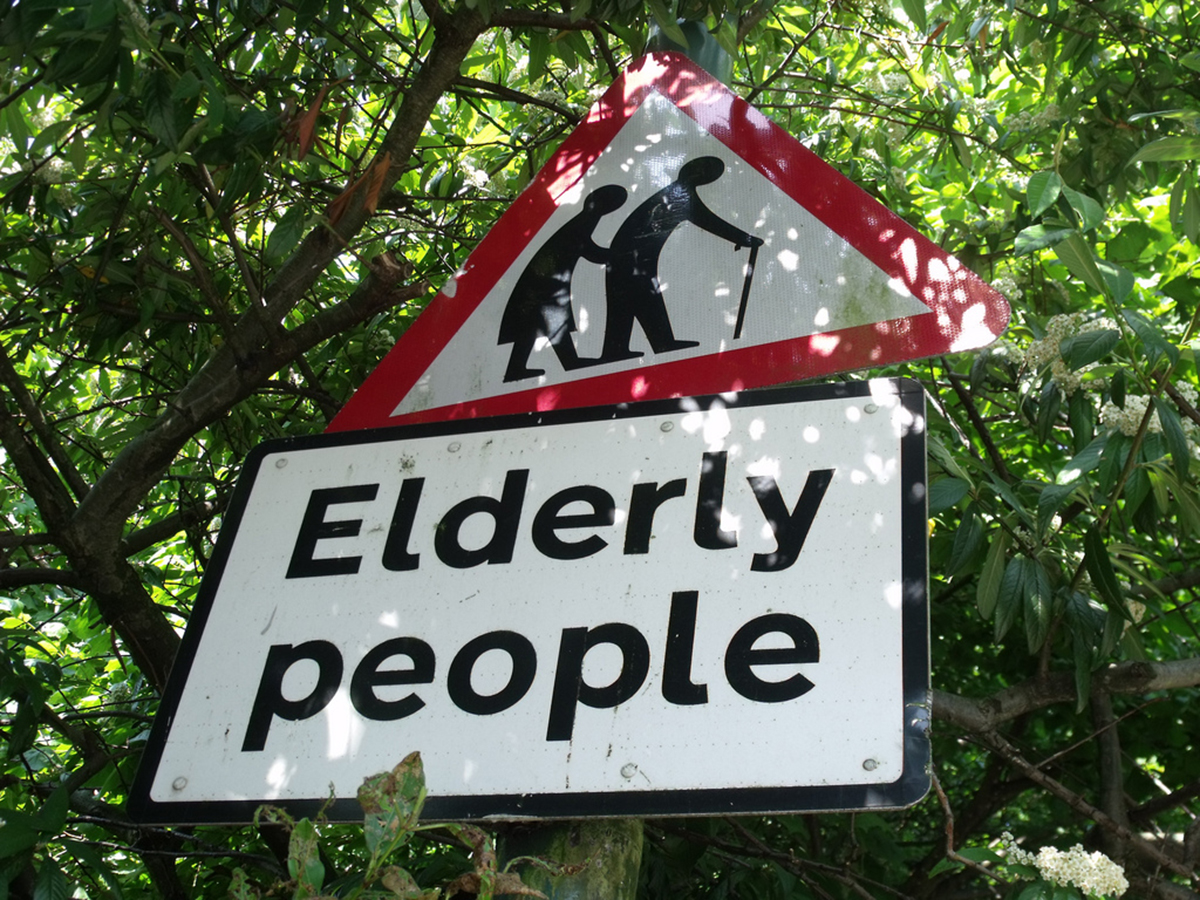Table of Contents
Alzheimer's is often a disease that is not recognized until it is too late for its victims and their families to make preparations for long-term care. A new, simple, non-invasive test may enable early detection of this devastating disease.
Scientists have learned that the body's chemistry, reflecting the brain's chemistry, begins to change as much as 20 years before the onset of Alzheimer's. The disease itself almost always involves the formation of long tangles of twisted proteins that "strangle" neurons, but decades before the formation of plaque in the brain, as many as 6,000 different kinds of abnormal protein begin to be produced.
A research team at the University of Alberta, in Canada, has discovered that some of these abnormal proteins can be detected in saliva.

The researchers took saliva samples from 35 elderly volunteers who have normal cognition, 25 volunteers who suffered mild cognitive impairment or "pre-Alzheimer's," and 22 patients who had the full-blown disease. They used a a collection of techniques known as salivary metabolonomics to look for biomarkers, unusual proteins, that would be found in different quantities in the three groups. Then they confirmed their results with another group of 27 patients, using saliva sample analyses to predict cognitive state.
Very preliminary results show that easily identified proteins in saliva indicate whether a person is not on the way to having Alzheimer's, is experiencing metabolic changes that will lead to the full symptoms of the disease, or already has it. While the research team needs to replicate its results to make sure that some fluke influence accounts for their results, it is highly likely that a simple saliva test for the disease will be available in five to ten years. What can you do in the meantime?
Here are ten indications that someone may be highly likely to develop Alzheimer's disease:
- Challenges in planning or solving problems. Not remembering to pay the bills, to keep appointments, or how to accomplish familiar tests is an early warning sign of dementia.
- Loss of executive function, the ability to make good decisions. Many people in the early stages of dementia give or spend money inappropriately, or enter inappropriate relationships. Of course, people who are not suffering dementia may make choices of which their families do not approve.
- Memory loss interferes with daily life. Not being abile to remember where you parked the car, or where you put the keys, or how to knot a tie or to tie one's shoes may be signs of cognitive decline.
- Confusion regarding time and place. Failure to recognize the day of the week (driving to a church that meets on Sunday on a Saturday, for example) or familiar surroundings (not knowing where one is) are early warning signs.
- Difficulty interpreting images. A person in cognitive decline may misidentify television personalities or even family members by sight.
- New problems with reading, writing, or spelling. An American friend of mine tells the story of a person who interpreted the advertising slogan "Got milk?" as "Goat milk?"
- Changes in mood or personality. As people recognize their cognitive abilities are failing, they may not know whom to trust. They may become suspicious, defensive, and irritable.
- Misplacing things. Losing everyday objects is a common problem in the early stages of Alzheimer's.
- Inability to trace steps. People who have pre-Alzheimer's easily get lost in new locations.
- Innumeracy. People who have early-stage dementia often lose their ability to add and subtract, and to understand the meanings of numbers, for instance, whether $1000 is a little or a lot of money or whether 1000 calories is a small or large serving.
Early treatment leads to better outcomes. Recruiting all the help you can get as soon as you can get it leads to a happier life for a longer time even though cure is not possible.
- Liza Lucas. New saliva test may catch Alzheimer's disease early. CNN. 20 July 2015.'
- Photo courtesy of Nina A.J. via Flickr: www.flickr.com/photos/nicasaurusrex/6190434446
- Photo courtesy of ell brown via Flickr: www.flickr.com/photos/ell-r-brown/4737849899


Your thoughts on this